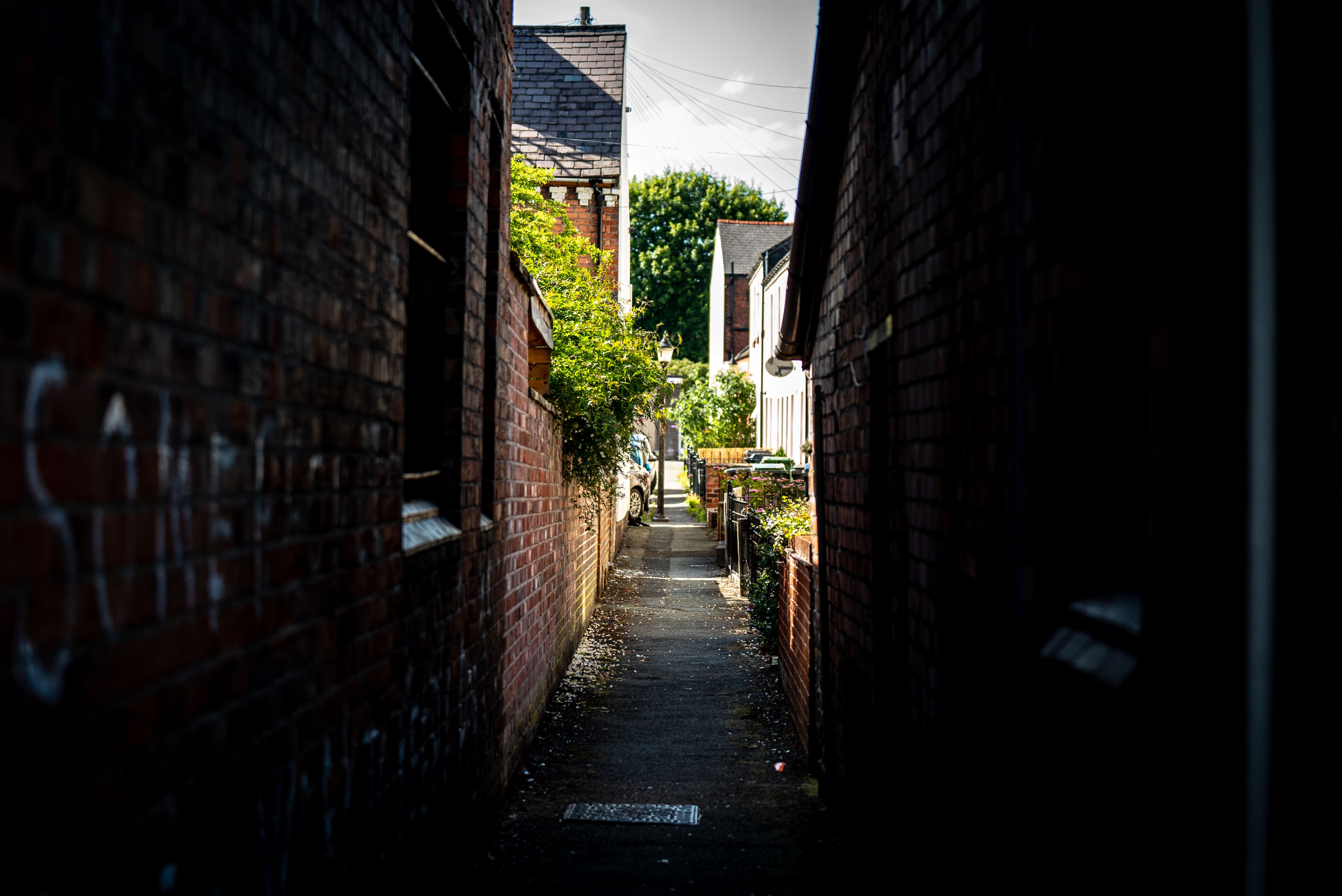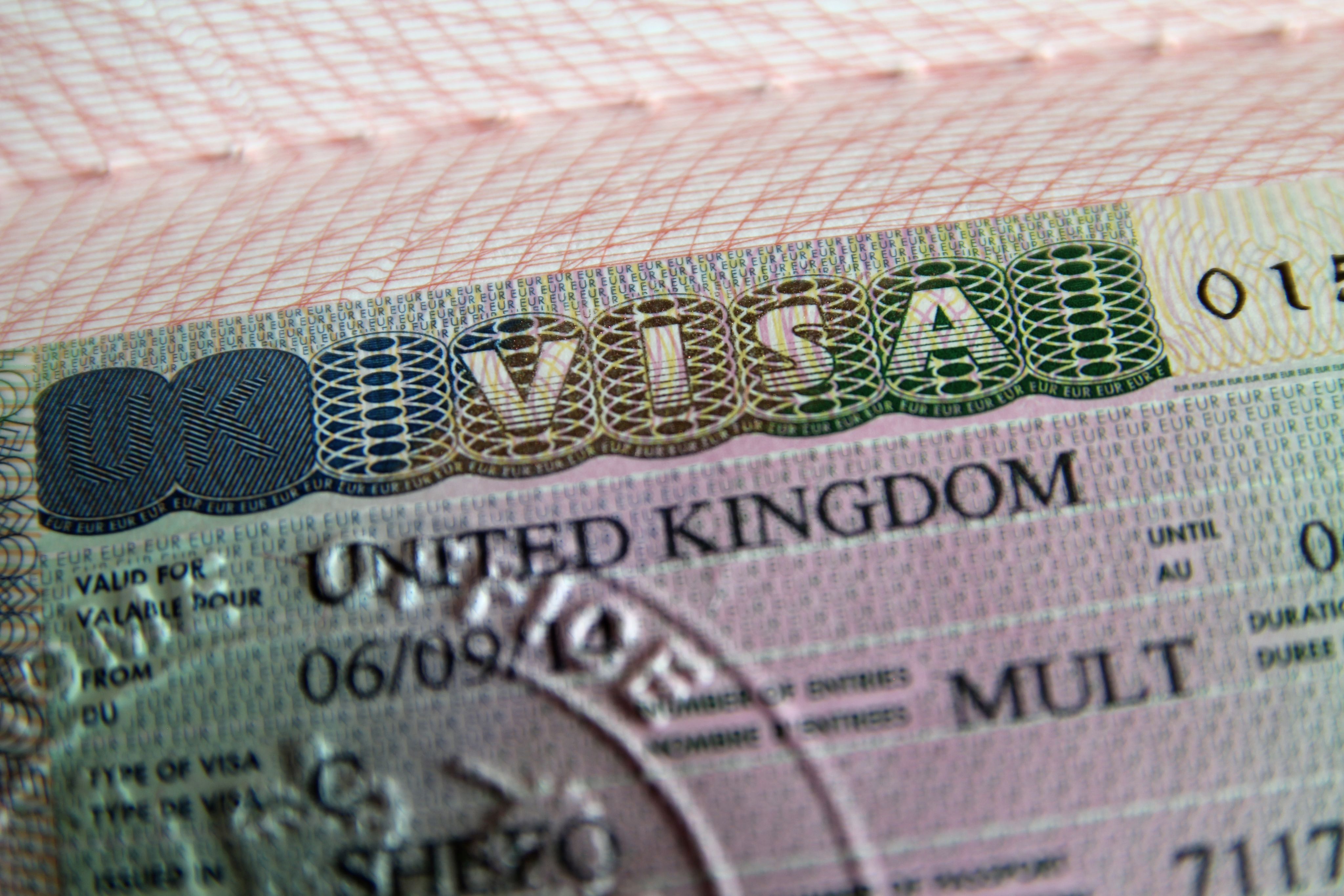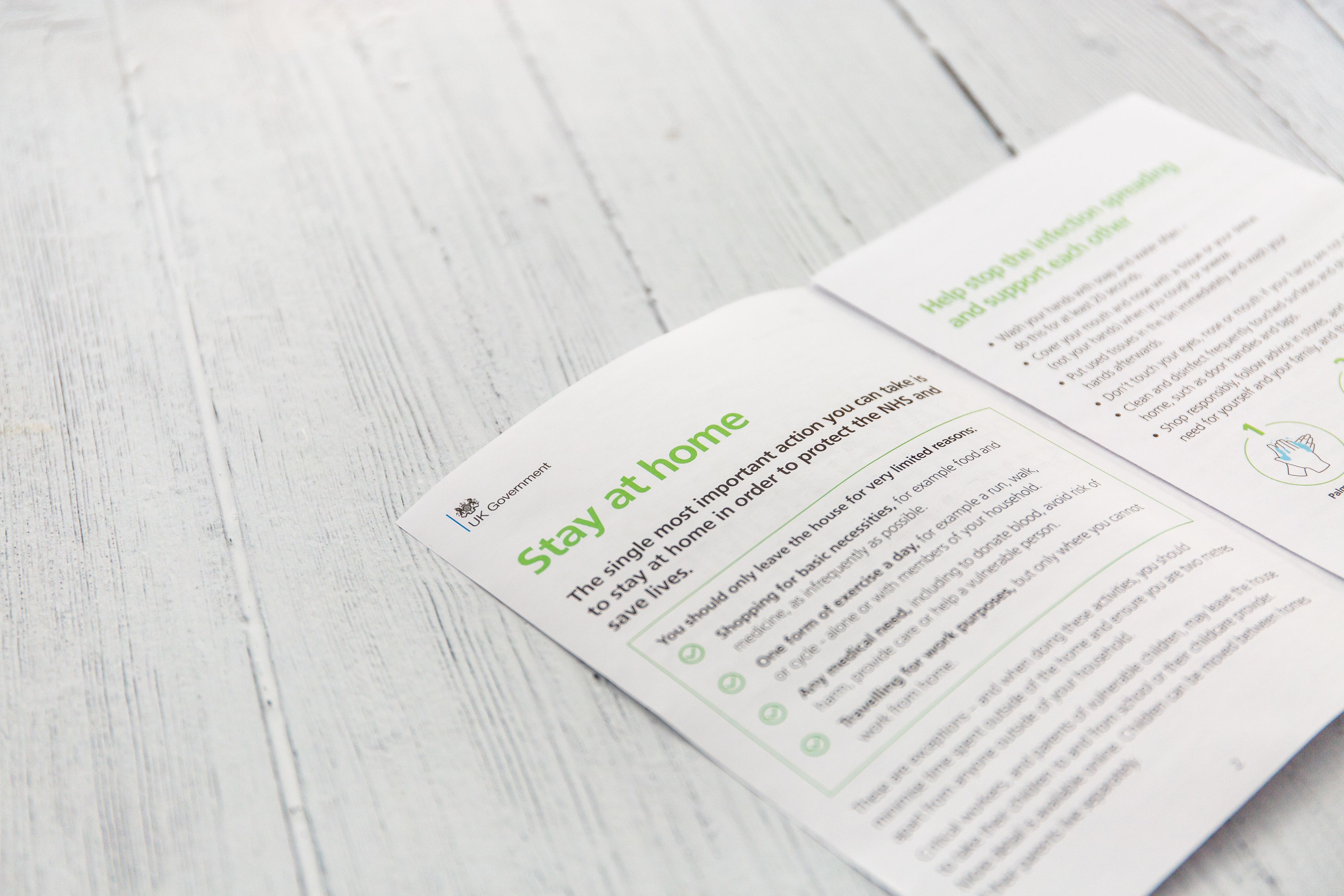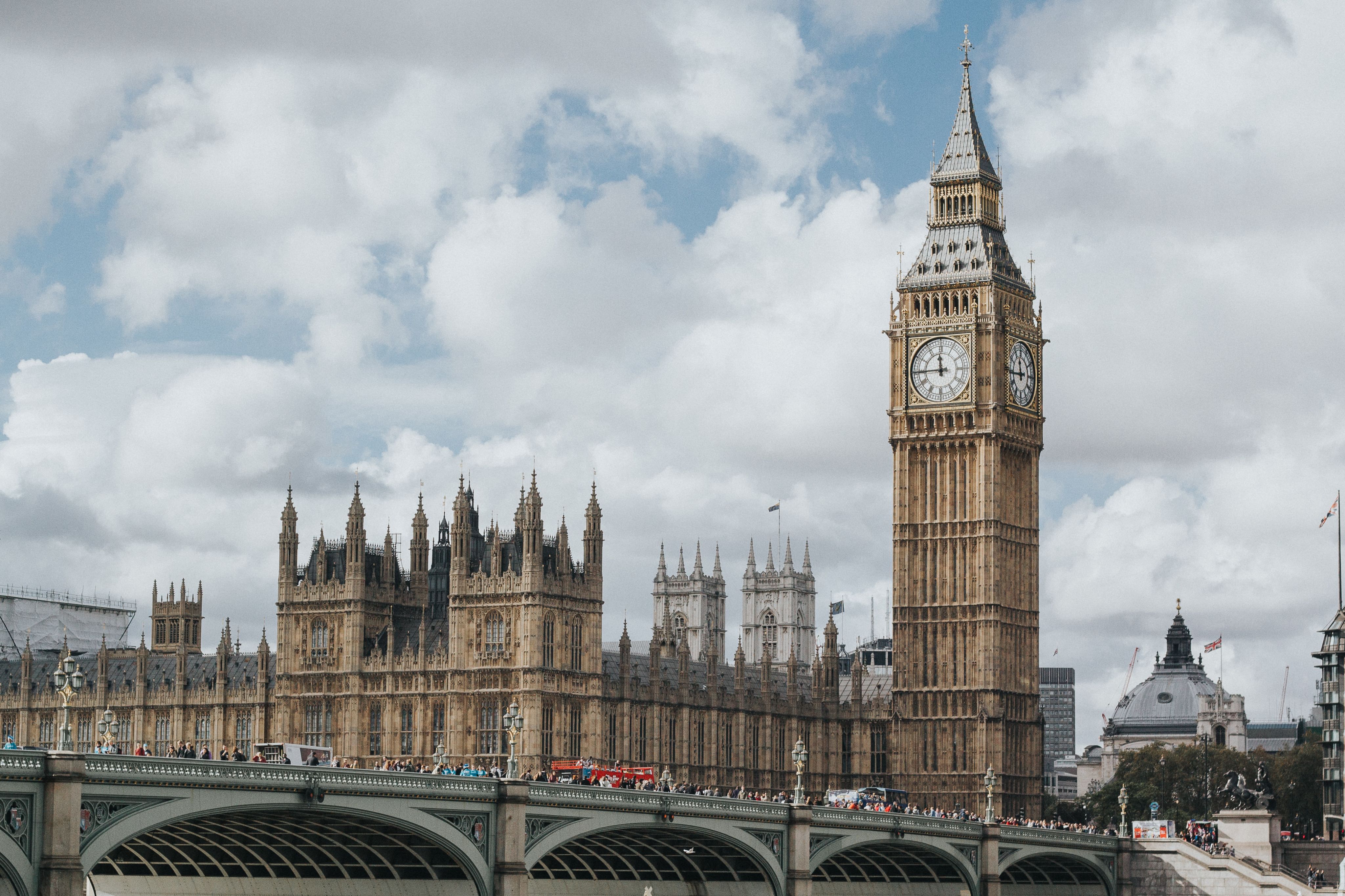Children in poverty with no recourse to public funds
How does NRPF policy impact children in poverty and how can the Government support them?

Some people who need a visa to live in the UK have a condition attached to their immigration status called no recourse to public funds (NRPF). It means they can’t claim most benefits paid by the Government, including assistance with housing.
Most categories of migrants in the UK can have a NRPF condition attached to their visa. Undocumented migrants and people whose immigration status is insecure are also unable to claim benefits.
The Government doesn't know how many people have NRPF. The Migration Observatory have estimated that there are nearly 180,000 children living in families with NRPF. Many parents will have NRPF for 10 years - the majority of a childhood.
We are currently examining children in poverty. As part of this, we have looked at the impact of NRPF. This is what we heard.
Six key issues

During our inquiry we heard from organisations supporting people with NRPF. We also held an engagement event where we spoke to ten parents with NRPF and three support organisations: Together with Migrant Children, Project 17, and The Children’s Society. We thank everyone who contributed to our work.
Below are six of the ways we heard that NRPF impacts children in poverty.
Housing
Without access to social security, when families with NRPF fall on hard times they can struggle to pay rent and living costs. This puts them at high risk of becoming homeless and living in insecure, overcrowded or inappropriate housing.
“Social services found me a hotel and gave me some basic things for my child, such as nappies, milk, and a pushchair [...] The hotel where I stayed was not suitable for my child. I explained this to my social worker and asked if she could find us better accommodation. She said she couldn’t help due to my immigration status in the UK. The hotel room did not have a fridge or a kitchen where to cook substantial meals, just a bed, and a bathroom. My child slept in a small crib. We stayed there for 3 months.”
Education
We heard from parents that their NRPF status really affects their children’s experience of school and education. For example, children may be temporarily housed far from their schools and have long, expensive commutes. They may be unable to take part in extracurricular activities and trips because their parents can't afford them.
“My 5 year old kept asking mum why is other children entitled and [I] am not, I struggled to answer the questions asked…"
Food
Many parents with NRPF in poverty struggle to feed their families. They may be reliant on foodbanks and other community support to do so.
"I only received £30 per week and lived in a horrible flat. I did not eat food just so I could feed my daughter."
Domestic violence
We heard that parents with NRPF struggle to safely remove themselves and their children from abusive relationships. This is in part because their immigration status means they can't access some support services.
One parent at our engagement event told us that when she contacted social services for support after removing herself and her children from their abusive father, she was told that they might have to remove the children from her care as she could not financially support them, rather than provide her with assistance - likely due to her immigration status.
Childcare
Parents with NRPF are not entitled to some of the social security support available to others to help with the costs of raising a family, such as Child Benefit and help with childcare costs.
We heard stories of parents forced to take their children to work with them after school hours, working through the night to be able to care for their children during the day, or leaving their children with unreliable carers because they can't afford childcare.
“This makes me very angry, even though we are working and doing everything right, because of our visa restrictions we aren’t entitled to any help. I really don’t understand why, when we are paying taxes. Childcare may be just out of reach for us now.”
Applying for a change of conditions
Some people with NRPF can apply to the Home Office to have a NRPF condition lifted from their visa - called a 'change of conditions'.
Being destitute or at risk of becoming so, having concerns relating to a child's welfare because of a very low income, and exceptional financial circumstances make someone eligible to apply.
But parents we spoke to didn’t know that they were eligible for support and as a result their families had lived in destitution for years, sometimes amassing significant debts.
“No-one tells you that you can change NRPF. Social services can’t give legal advice. I was always trying to figure stuff out by myself. Even today I got a letter from the Home Office about an application I need to fill in, I called social services to ask if they can help but they can’t.”
The impact of covid-19

We heard evidence that the NRPF condition created extra hardship for households struggling financially during the pandemic.
"NRPF and the lockdown affected my children – it affected them physically emotionally and psychologically."
“Shelley and her four children (all under 18) have spent lockdown sharing one bedroom in the house of a family member. They have no income and are totally reliant on food banks and family support. We applied for their NRPF condition to be lifted one month ago, Shelley is still waiting to hear from the Home Office.”
"We have to live on £35 a week with the children. We have other bills to pay. We have to have internet in the house for the children to access schoolwork."
Before the pandemic, children in families with NRPF did not have access to free school meals. In response to calls to support children in poverty during the pandemic, the Government temporarily extended free school meal eligibility for some children from families with NRPF.
Everyone we heard from during our inquiry called for free school meals to be made available to all children in poverty permanently.
“It puts me at ease… it saves me money that can go towards electricity or gas top-ups, especially now it’s colder”.
Last month, we were very pleased to hear that the Government has permanently extended free school meals eligibility to children from all families with NRPF. This will have a positive impact on children living in poverty throughout the UK.
Five key recommendations to the Government
Our report makes several recommendations to the Government on ways it can support children in poverty whose families have NRPF. Here are five of them:
1.We recommend the Government significantly reduces the period for which children may be subjected to NRPF conditions. Parents with children should be given access to public funds after a maximum period of five years.
2.We recommend that the Government extends Child Benefit to all British children irrespective of their parents’ immigration status.
3.We believe that limited access to free childcare prevents parents with NRPF from working as much as they can to relieve financial pressures on their families. We urge the Government to undertake its consultation on equalising free childcare entitlement to families with NRPF as quickly as possible.
4.The Home Office does not collect sufficient data on the number of families with NRPF. We recommend the Home Office collects and publishes data on the number of people with NRPF in the UK and invests time and resource into establishing the number of British children affected by NRPF.
5.We want the Government to provide additional support to local authorities in areas with large NRPF populations through direct and targeted funding.

What happens next?
Our report, 'Children in poverty: No recourse to public funds', was published on 14 April 2022.
The Government has two months to respond.
If you’re interested in our work, you can find out more on the House of Commons Work and Pensions Committee website. You can also follow our work on Twitter.
The Work and Pensions Committee looks into the policies and spending of the Department for Work and Pensions, including benefits for people in and out of work, state pensions and how private pensions are regulated. It also scrutinises DWP’s public bodies and other regulators.
Cover image credit: UK Parliament/Tyler Allicock
Scrolling image credit: Unsplash

